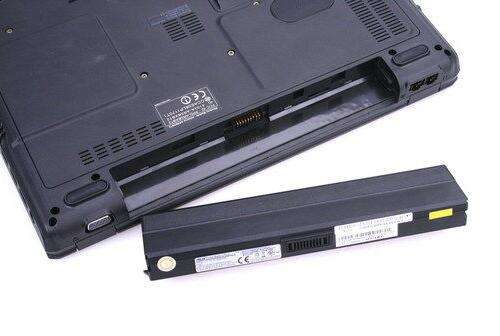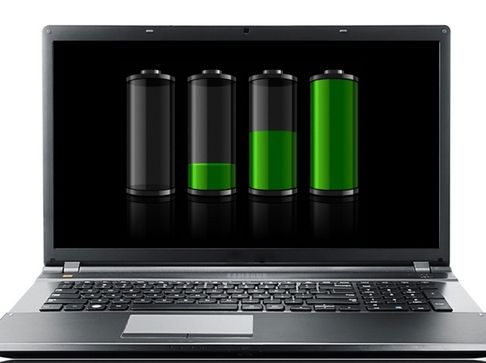Although the notebook computer is born for the portable, but in most cases we are still connected to the power supply, so will it damage the battery? In addition, does the new computer's battery require three full charge-discharge activations? Is the battery life longer when it is charged less? Is the laptop fully charged or unplugged after it is fully charged? Continue to charge damage the battery?
These are issues that many laptop users are concerned about. Today Xiao Bian took everyone to explore the truth and find the right way to laptop battery maintenance!
1. Should the notebook battery charge for 12 hours to activate?
When buying a computer or a mobile phone, unscrupulous merchants often pretend to tell customers deeply that a new battery needs three full charge-discharge activations, and the first charge must take more than 12 hours. But in fact, this statement is the product of the last century, now no longer applicable.

Early nickel-cadmium batteries did need to be "activated" because of the "memory effect" of early batteries, and charging without fully discharging would cause a temporary reduction in battery capacity, so the battery needs to be fully discharged. Then charge it to reduce this phenomenon.
However, batteries on computers and mobile phones are now lithium batteries. Lithium batteries have no "memory effect", so they do not require deep charge and discharge to activate. Initialization and testing procedures have been completed before the battery is shipped.
Some manuals now recommend that you regularly charge and discharge the lithium-ion battery on a regular basis, just to calibrate the power detection device on your notebook or mobile phone, not because of the benefits to the battery!
2. The less charge time, the longer the battery life?
The widely circulated view is that "batteries need to be recharged with no electricity. This can reduce the number of times you charge and the battery life will be longer." To reveal the truth, you need to understand the battery life and what factors are related.

The life of lithium-ion batteries is defined by the number of charge-discharge cycles, which can generally reach several hundred charge-discharge cycles. When the discharged power reaches 100% of the battery capacity, one cycle is completed, but this is not necessarily done by one charge.
Therefore, the battery life and the number of charging is not related, but the regular deep charge and discharge (after recharging), will make the number of cycles will rise faster, affecting battery life.
The correct approach is, to charge the battery is below 20%, more than 80% depth of discharge cycles may be extended 1.5 times.
3, full of electricity is also plugged in power, will damage the battery?
Through the previous reading, we already know that lithium batteries have no memory effect. And there is no relationship between the battery life and the number of recharges. Does it mean that when the battery is fully charged, it does not matter when it is charged?
General laptop battery will have two charging modes, the first 80% of the power using fast charging, then slower to slow charging, thereby extending battery life.
4, after the notebook is fully charged, is to continue to charge or unplugged, the battery continues to charge will ruin it?
When the battery is full, if you still plug in the power, it will trigger the "overcharge protection" circuit, the computer power supply, no longer charge the battery. When the power drops to 95% (different thresholds for different computers, and can be set by yourself), the battery will be recharged again and again!
This process itself does not damage the battery, but if the power is plugged in all year long, no battery is used at a time. The current inside the battery is almost non-flowing, and the battery will have a permanent passivation, that is, the battery capacity is permanently reduced. Data shows that in this case, the battery capacity will be lost by 35% after one year.
Therefore, a fully charged notebook is still plugged in and does not directly damage the battery. However, it is advisable to perform a full charge and discharge occasionally, that is, to run out of charge and recharge. Otherwise, battery passivation will occur, affecting the life of the laptop battery.You can also refer to the article <<Acer Asus Dell Hp Lenovo Samsung Sony Thinkpad Toshiba Laptop Power Adapter Care Method>>



